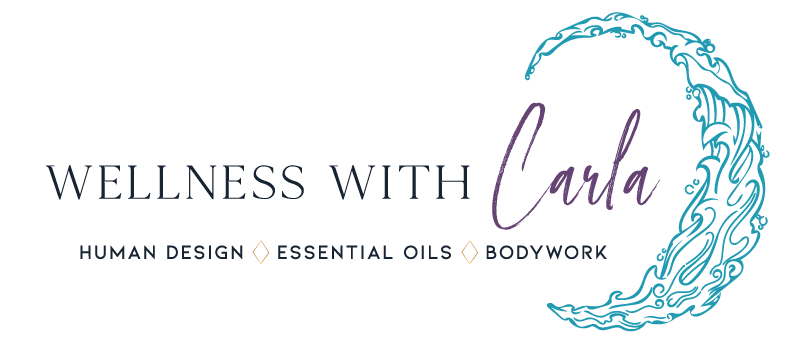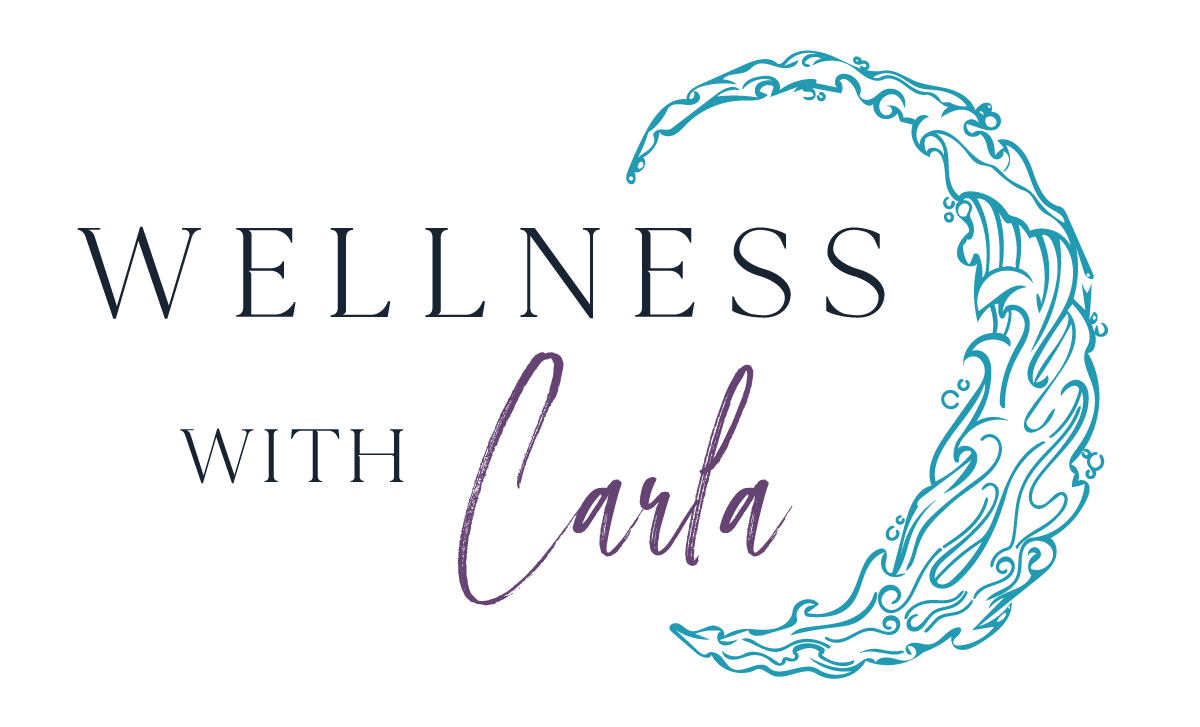Boosting the Immune System
The immune system… first of all, what is it?!
The immune system is one of the most critical systems within the body, assisting physical health and informing the body of intuitive information driven to keep us safe. It consists of tissues, cells, glands (primarily thymus) and organs including the spleen; it also houses the lymphatic system (our lymph nodes, tonsils). Without a healthy immune system, you could not defend yourself from potential threats that are all around. The immune system is responsible for protecting your body from environmental threats. To do so, the immune system uses a variety of cells, tissues, and organs, many of which are shared by other body systems. The immune system’s first line of defense is your skin. It acts as a barrier that keeps invaders out. Mucous membranes in your nose, mouth, and throat also protect your body from invaders by trapping potential threats and keeping them from invading the body. When environmental threats get past these defenses, white blood cells kick into action. White blood cells find invaders, tag them as harmful, and destroy them. But that’s not all—they also remember the invaders so that if they try to attack you again, your body can stop them even faster. White blood cells are made and stored in a variety of places inside the body, such as the tonsils, thymus, lymph nodes, bone marrow, and spleen. Keeping the immune system functioning properly depends on many things, including getting adequate sleep, regular exercise, and a balanced diet. Malnourishment and micronutrient deficiencies can result in altered immune responses and increased risk for health issues.
So, how do we keep our immune systems strong?
Maintaining a strong immune system is like a well-orchestrated chorus working in harmony—things like diet, exercise, stress, sleep, toxins, and medical care must all be addressed properly in order for the body to work well. Fueling your body with the nutrients it needs is the foundation of lifelong health and vitality; eating wholesome, nutritious foods and supplementing smart supports a strong immune system function. Regular physical activity is foundational, too. Nearly every system of the body, from cardiovascular to respiratory, benefits from physical activity. And just as important (maybe even more) is rest and managing stress. Things like yin yoga, meditation, downtime, even playtime can bring much needed balance when managing stress. Of course, essential oils can be incredibly supportive by creating an atmosphere that encourages rest and relaxation. Reducing your toxic load is something that is slowly gaining more attention and is just as foundational as eating, resting and exercising! A “toxin” is any substance that places undue stress on the body and vital organs. Reducing your toxic load helps your body function smoothly, instead of using vitality and energy battling unnecessary toxins. As you take greater responsibility for your health, it’s paramount to understand the issues that may not require the immediate attention of a medical professional. While it’s important to see a doctor when the situation calls for it, some minor issues can be solved at home, especially if you’re proactive (instead of reactive) about taking care of your body. Taking care of your skin, supplementing to promote the health of your body’s systems, staying on top of health issues—all of these can be addressed with proper use of natural products. I believe that with a foundation of healthy habits and effective education, we can address 80% of our wellness needs from the comfort of home. From time to time, however, situations arise that require extra attention and support. The other 20% is proactive medical care. A trusting relationship with a medical professional is one of the most important pillars of lifelong health. Develop a relationship with a medical professional to be proactive—instead of reactive—about necessary medical care.
Here’s how we can be PROACTIVE!!
As you know, environmental threats can travel, moving in and out of the body through exposure pathways. They enter the body through the mouth, ears, nose, eyes, and skin. They exit through excrement, sneezing, coughing, or pores in the skin. Stopping the movement along these pathways is critically important—and fortunately, it’s also simple. You already know how to minimize your exposure pathways. It’s all the things your mom told you to do: wash your hands, cover your mouth when you cough, keep your room clean, and don’t touch your eyes or pick your nose. Essential oils are an excellent way to keep yourself, your space, and your air clean. Live a lifestyle that helps you stay strong by eating right, exercising, resting and managing stress, and reducing your toxic load. Sometimes—despite our best efforts—things slip through the cracks. When that happens, know that you can support your body’s needs using natural products and remedies at home and rely on a doctor’s care when needed.
Some of my favorite products for supporting my immune system are:
On Guard: This powerful blend can be used daily to support the body’s natural antioxidant defenses. Diffuse or apply one drop to the bottoms of the feet as needed.
On Guard+ Softgels: take one or two daily when seasonal threats are high to strengthen immune function.
On Guard Sanitizing Mist: Use to kill 99.9 percent of the germs and bacteria you encounter in your environment.
Foaming Hand Wash: cleans and softens hands while providing an invigorating aroma of essential oils with protective benefits.
Frankincense: place a drop under your tongue each morning for daily immune support.
Breathe: Add it directly to a diffuser or apply it to your chest to help minimize the effects of seasonal and environmental threats.
Oregano Touch: Apply on the bottoms of the feet to support a healthy respiratory function and fight threats.
Copaiba: Put one to two drops in a Veggie Capsule or the same amount under your tongue in order to support the health of the cardiovascular, immune, digestive and respiratory systems.
Other essential oils to consider using for immune boosting properties:
Basil, Black Pepper, Cardamom, Cassia, Cilantro, Cinnamon Bark, Clove, Coriander, Geranium, Green Mandarin, Helichrysum, Juniper Berry, Lime, Marjoram, Tea Tree, Melissa, Myrrh, Petitgrain, Roman Chamomile, Tangerine, Thyme, Vetiver, and Wild Orange.
If you would like to revisit your health and wellness goals, please reach out! I’d love to connect with you.

